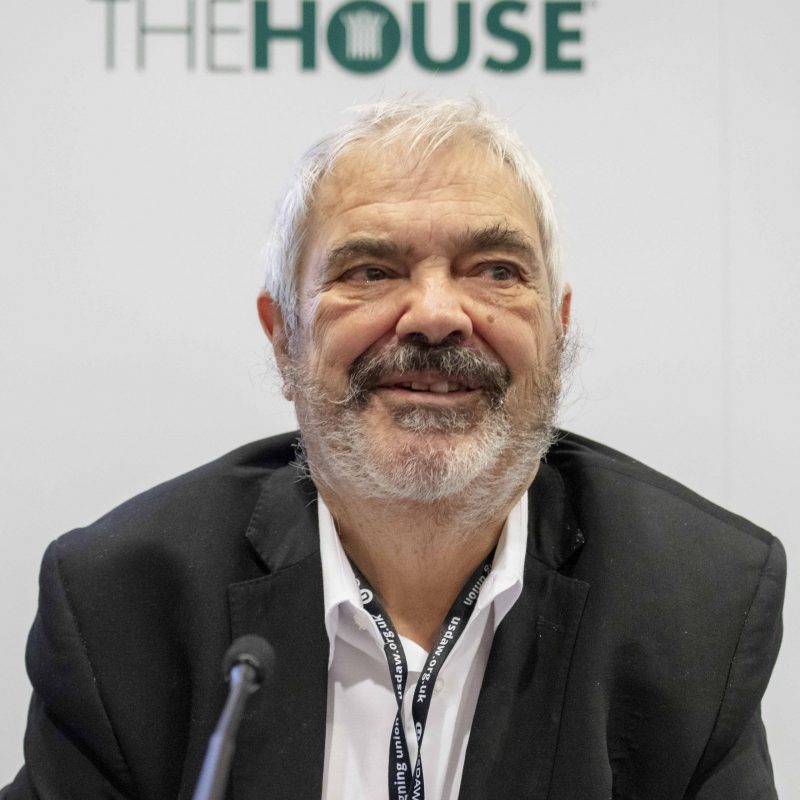The government has made much of its levelling up agenda in recent years, along with its publicised goals of devolving powers to the regions and endowing communities and local authorities across the country with means to make the all-important decisions on matters that will affect them.
Yet for all its promise, the government’s stated ambition has not been matched with action. While deals have been agreed and powers handed to regional mayors in places like Tees Valley, Greater Manchester and the West Midlands, elsewhere progress has been painfully slow. Even worse, in some areas local authorities feel they have been largely ignored by the government altogether.
And while ministers recently proposed a simplification of access to its levelling up fund, on the issue of financial support for local authorities the government is found wanting.
To say the least, this is an unsatisfactory situation. Devolving more power to local authorities who know and understand what goes on in their area is key to pushing through many important policies which can change people’s lives.
Further and faster devolution
Take the net zero transition. While central government dithers over how best to achieve this, local authorities are doing something about it. A recently published report from the Key Cities network, Levelling Up, Emissions Down, produced in collaboration with Metro Dynamics and Opergy, showed how our member cities are driving positive climate action, despite what many see as a substantial disconnect between local action and national policy.
Achievements include those of Newport City Council, which has partnered with a local community organisation to generate 100% renewable energy by installing solar panels across 27 sites. Lancaster City Council has created a data dashboard charting how energy is consumed across the authority that is being used to inform decisions about local services. Meanwhile, Doncaster MBC is establishing one of the UK’s first regional hydrogen logistics systems.
Such positive steps have been achieved despite government policy. The Levelling Up, Emissions Down report exposes how local authorities’ progress and ability to develop and implement initiatives that can be tailored to their communities and economic potential is being hindered by a lack of powers, along with an absence of clarity, capacity and suitable funding.
Councils know their communities and businesses better than those in Westminster, and consequently they should be the ones to drive change. The government’s own net zero review highlighted that significant action is needed if we are to meet national and local net zero targets. This will require devolution going further and deeper. And faster.
Defining the role of councils
National and local climate goals could be achieved more quickly if there was also a clearer vision around what local authorities are able and expected to do in combatting climate change.
The Levelling Up, Emissions Down report also found that local authorities’ capacity to scale up work around net zero, including developing business cases for investment, is lower than many would like. A shortage of green skills across what is an otherwise burgeoning part of the economy is another hurdle to overcome.
Key Cities’ 27 urban centre members want ministers to define the role of local authorities in terms of achieving net zero, and to provide more long-term devolved funding with net zero powers to local areas.
We want the government to invest in capacity and specialist skills by offering targeted support to train and develop staff across local authorities, building on the green jobs taskforce and providing additional specialist capacity through combined authorities or net zero energy hubs.
Something is better than nothing
And new regulations should be established within an investment ecosystem. Distribution network operators should be required to align their plans with local development plans, alongside an upgrade of the grid to handle increased renewable energy generation.
Our net zero ambitions can be achieved with support and commitment from central government. Giving our members greater powers will mean significant progress can be made in tackling the climate challenges we face. But ministers must act, and act quickly.
Doing something is better than doing nothing – rather than waste time looking for the perfect devolution model, the government should test different approaches and accept that not all will work first time. Our politicians need to be brave and think of devolution as an iterative process that will be refined over time. Delay is simply not an option.
John Merry (Lab), chair, Key Cities; deputy mayor, Salford City Council
Original article published on lgcplus.com on 31st July 2023.



